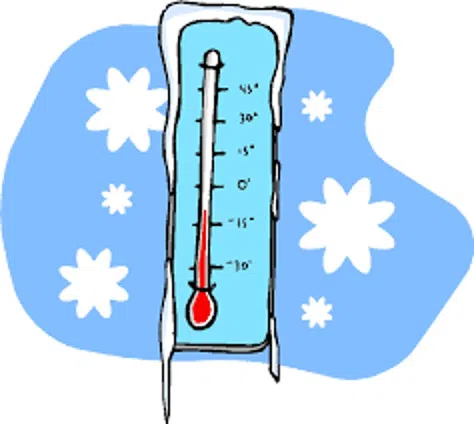This story was produced by My UP News correspondent Jessica Goska, find the original story here.
Before you head outside this winter, bundle up and know your limitations to best protect yourself against winter weather conditions like frostbite and hypothermia.
Frostbite occurs when body tissues freeze due to cold exposure. Hypothermia happens when the body loses heat faster than it can produce it and body temperature drops below 95 degrees Fahrenheit.
Kids and older adults, especially those with co-morbidities, are at an increased risk for these conditions but everyone is vulnerable to the winter weather.
Even with mild winter temperatures, prolonged periods of outdoor activity can lead to redness or loss of color and loss of sensation in the extremities, like fingers and toes.
“I think sometimes people think that it only happens…in very low temperatures, minus zero, freezing,” said Jodi McCollum at the Trauma Program Manager at Upper Peninsula Health System – Marquette. “But, even if you’re outside for prolonged periods of time when it’s 20 degrees outside, you can definitely get frostbite or issues with hypothermia.”
While frostbite appears in the extremities as redness or whiteness and loss of color or sensation, hypothermia manifests alongside symptoms like shivering, dizziness and confusion.
If you notice these symptoms while outdoors, move inside and slowly re-acclimate your body to warmer temperatures. Be careful not to warm up too fast.
“Pace it out,” said McCollum, who recommends blankets, warm clothes and hot liquids to warm body temperature after time in the cold.
Wet clothing should be removed immediately once indoors, advises McCollum, as “Once you get wet, then if you get cold, then that’s kind of a recipe for disaster.”
Kids and athletes can dress in wicking clothing while outdoors, since that material will pull sweat and water away from the body. Still, if someone engaging in play or a winter sport notices their clothes becoming wet, they should take a break inside to dry off and warm up.
“Sometimes, Yoopers do think they’re really tough, and we are really tough, but it [frostbite and hypothermia] does still happen, definitely,” McCollum stated.
Always inform someone of your plans when you venture outdoors—especially in the wintertime—and to stay warm in an emergency, travel with a blanket and extra winter gear in your vehicle.







